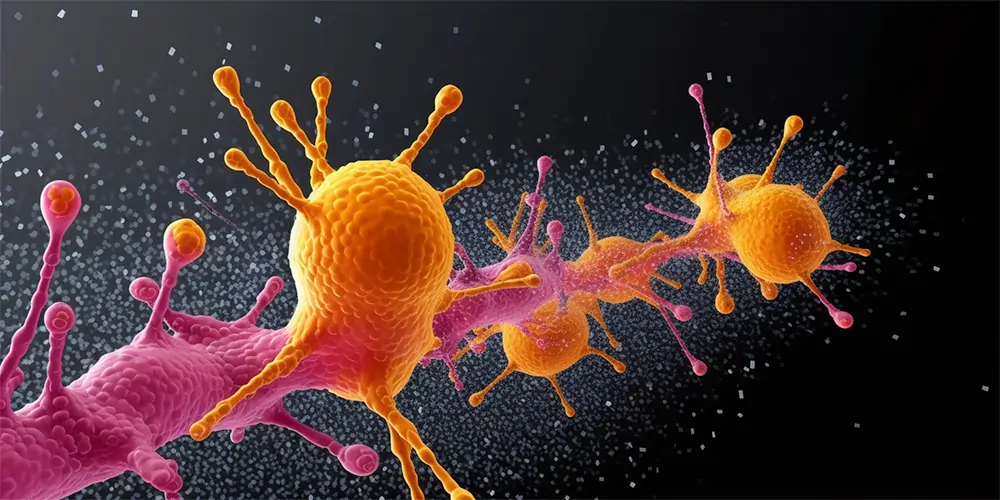Wizards of the Coast (WotC), the powerhouse behind Dungeons & Dragons (D&D), finds itself amidst controversy regarding the use of AI in its recent D&D book artwork.
The contention arose when a preview of the upcoming D&D sourcebook, Bigby Presents: The Glory of Giants, was shared on the D&D Beyond website.
Sharp-eyed fans were quick to spot signs of AI-generated artwork, leading to an immediate and fiery backlash from the D&D community.
The Disputed Art
The central figure of the controversy, artist Ilya Shkipin, has been affiliated with WotC since 2014.
Some of Shkipin’s illustrations in the aforementioned book exhibited peculiarities.
For instance, a frost giant had legs which seemed to blur into indistinct brushes. Another had a foot twisted in an improbable manner, and an accompanying wolf oddly had what appeared to be human toenails instead of paws.
These oddities fuelled speculation that AI had been used to generate or enhance the art.
Twitter user NeverNotDM was among the first to raise concerns, receiving significant support from other fans, with their tweet highlighting the questionable elements gaining over 7,000 likes.
Their post, coupled with other fans’ observations, initiated debates on the quality and authenticity of Shkipin’s artwork.
Shkipin, in response to the criticism, admitted in a now-deleted tweet that AI was utilised “to generate certain details or polish and editing” but asserted that the original paintings were largely untouched by AI.
Although he provided earlier versions of the illustrations as proof, these were free from the AI-induced errors seen in the final product.
Also read:
WotC’s Response and Future Stance
In light of the uproar, WotC promptly issued a statement on D&D Beyond’s Twitter page, affirming that they were unaware of Shkipin’s decision to use AI tools.
This claim is surprising, especially since Shkipin has publicly supported AI since 2021.
The company’s statement detailed its future approach: “Today, we became aware that an artist used AI to create artwork for the upcoming book, Bigby Presents: Glory of the Giants. While we weren’t aware of the artist’s choice to use AI in the creation process for these commissioned pieces, we have discussed it with him. He will not use AI for Wizards’ work moving forward.”
Consequently, WotC declared a revision to their artist guidelines, prohibiting the use of AI art generation in creating D&D artwork.
Implications and Industry Concerns
This controversy does more than just highlight the potential pitfalls of AI in art; it underlines the broader implications for artists in a fiercely competitive industry.
The possibility of AI replacing or diminishing human-made art threatens job opportunities for artists.
The incident also had repercussions for other artists linked to the project, such as April Prime. Prime had produced concept art for the book, which Shkipin used as a reference for certain illustrations.
As rumours spread, there were concerns that concept art was simply being input into AI by Shkipin, a notion that had to be debunked by both Shkipin and Prime.
Prime noted that it’s standard practice for illustrators to use concept art from other artists as a reference.
In this context, while Shkipin’s approach wasn’t illegal, the incorporation of AI in art remains a contentious issue, both legally and ethically.
Despite the technical prowess and promise AI offers, this incident serves as a cautionary tale. Shkipin has since announced that the debated illustrations will be reworked. However, details of the revisions are still under wraps.
Ultimately, industries will need to tread cautiously as technology advances, especially where human creativity has traditionally reigned supreme. In this instance, the D&D community clearly values the authenticity and human touch in its beloved game.




